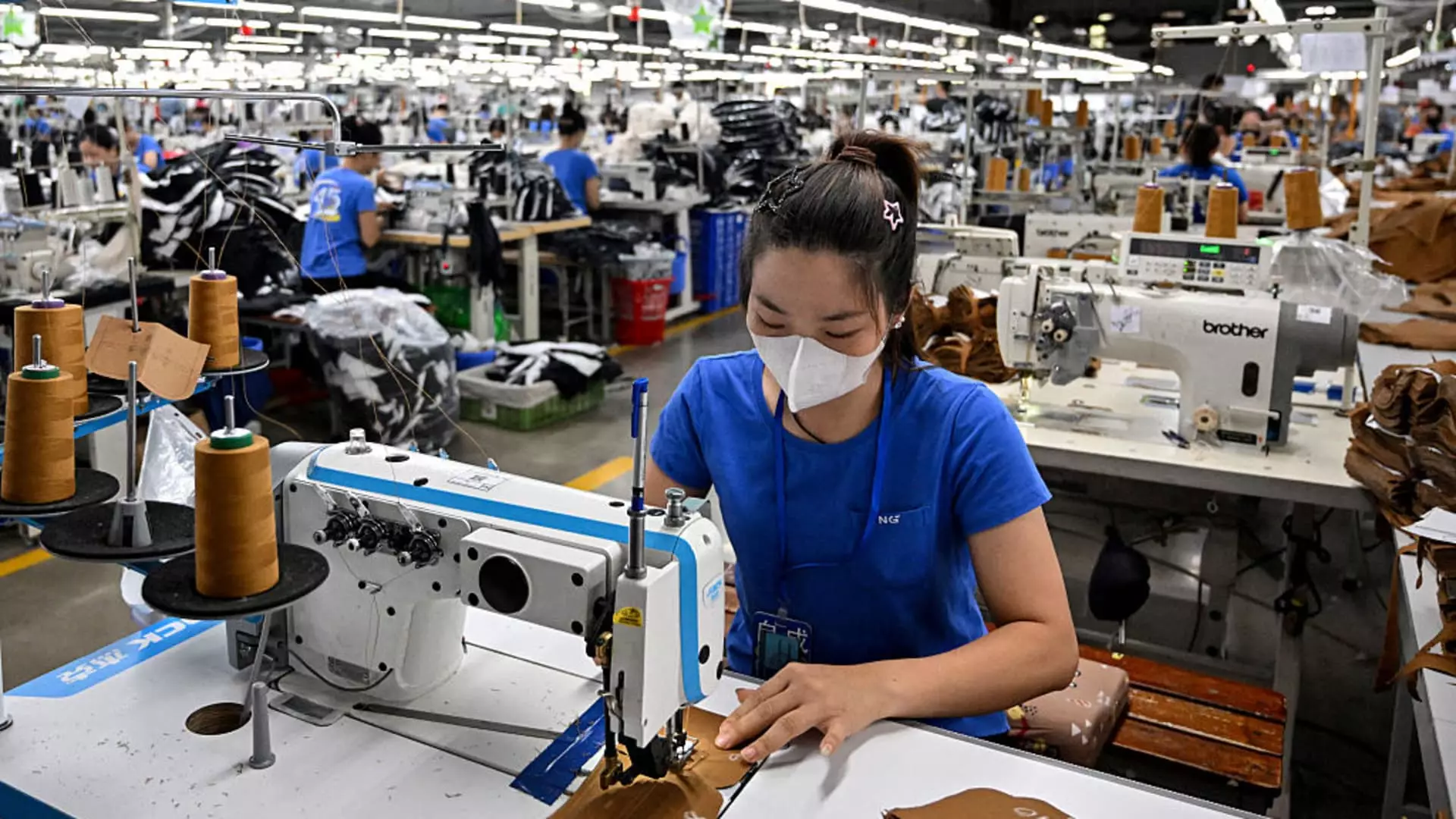In a world increasingly interconnected, the reckless pursuit of protectionism by the United States underpins a larger ideological failure: the illusion that tariffs bolster national strength without damaging the very economy they aim to protect. President Trump’s recent announcement of a trade deal with Vietnam—featuring a 20% tariff on imports—illuminates this perilous miscalculation. While the White House touts it as a victory for American workers and sovereignty, the truth is far more complex and troubling. Such tariffs are superficial bandages that obscure the deeper wounds inflicted on consumers, businesses, and global trust.
This deal, ostensibly designed to curb transshipping—particularly through Vietnam, a hub for Chinese exports—may momentarily poke holes in China’s transshipment schemes. But it fails to address the core issue: the escalation of trade tensions will inevitably breed retaliation, disrupt supply chains, and destabilize markets. The assumption that tariffs are a tool to manipulate unfair practices ignores the broader consequence of increased costs and economic uncertainty. It is a reckless gamble, blindly trading diplomacy for tariff walls that ultimately hinder American competitiveness and erode the foundation of a global economic system built on open markets.
The Cost to Consumers and the Economy: Hidden Inflation and Market Instability
Far from a benign policy, these tariffs carry real consequences that ripple across the economy. As prices for imported goods climb—whether in apparel, electronics, or everyday household items—American consumers bear the brunt in the form of higher living costs. The NRF’s calculations reveal that even modest tariffs can inflate consumer prices significantly, making essential goods less affordable, especially for low- and middle-income Americans. This cost shift undermines the core liberal principle: economic opportunity should be accessible to all, not just those shielded by tariff protections.
Additionally, the economic environment becomes less predictable. Retailers and manufacturers, wary of tariffs and transshipping loopholes, face heightened uncertainty, which discourages investment and hampers growth. The stock market’s modest rally on the news does little to mask the long-term instability that protectionist policies sow. The immediate political narrative may celebrate a “victory,” but behind the scenes, businesses are recalibrating, supply chains are adjusting, and consumers are unknowingly paying the price. This wedge of economic insecurity divides rather than unites, risking a prolonged downturn masked by superficial proclamations of success.
Global Relations and the Future of Fair Trade
America’s reliance on tariffs as a zero-sum game destroys the very fabric of international cooperation essential in today’s globalized world. By imposing punitive measures on Vietnam—an economically vulnerable but strategically critical partner—the U.S. risks alienating allies and destabilizing regional alliances. The assumption that tariffs purify trade is flawed; it ignores the intricate web of dependencies that underpin modern economies.
Furthermore, this approach signals a retreat from multilateralism, favoring unilateral policies that threaten to fracture the rules-based international order. As other nations view the U.S. as unreliable or hostile to free trade, opportunities for mutually beneficial cooperation diminish. The long-term consequence is a more fractured, less resilient global economy—one more prone to protectionist spirals, trade wars, and economic isolation. Such a trajectory is not only shortsighted but perilously irresponsible, jeopardizing the very liberal principles of fairness, open markets, and sustainable growth.
The Illusion of Strength in Protectionism
At its core, the Trump administration’s tariff strategy reflects a misguided belief in economic strength through dominance and retaliation. But this illusion hides a fragile reality: open markets, fair competition, and diplomatic engagement are the true pillars of sustainable prosperity. Tariffs, especially when wielded unpredictably, breed resentment and retaliation, undermining long-term American interests.
The insistence that tariffs serve the national good ignores the mounting evidence that such policies hurt the most vulnerable while enriching few at the top. As inflation concerns mount and supply chains remain fragile, protectionism reveals itself as a risky game—one that threatens to turn political bravado into economic hardship for everyday Americans. It’s time to challenge the myth that trade barriers safeguard jobs, and instead embrace policies rooted in cooperation, fairness, and multilateral solutions that benefit the many, not the few seeking short-term gains.

